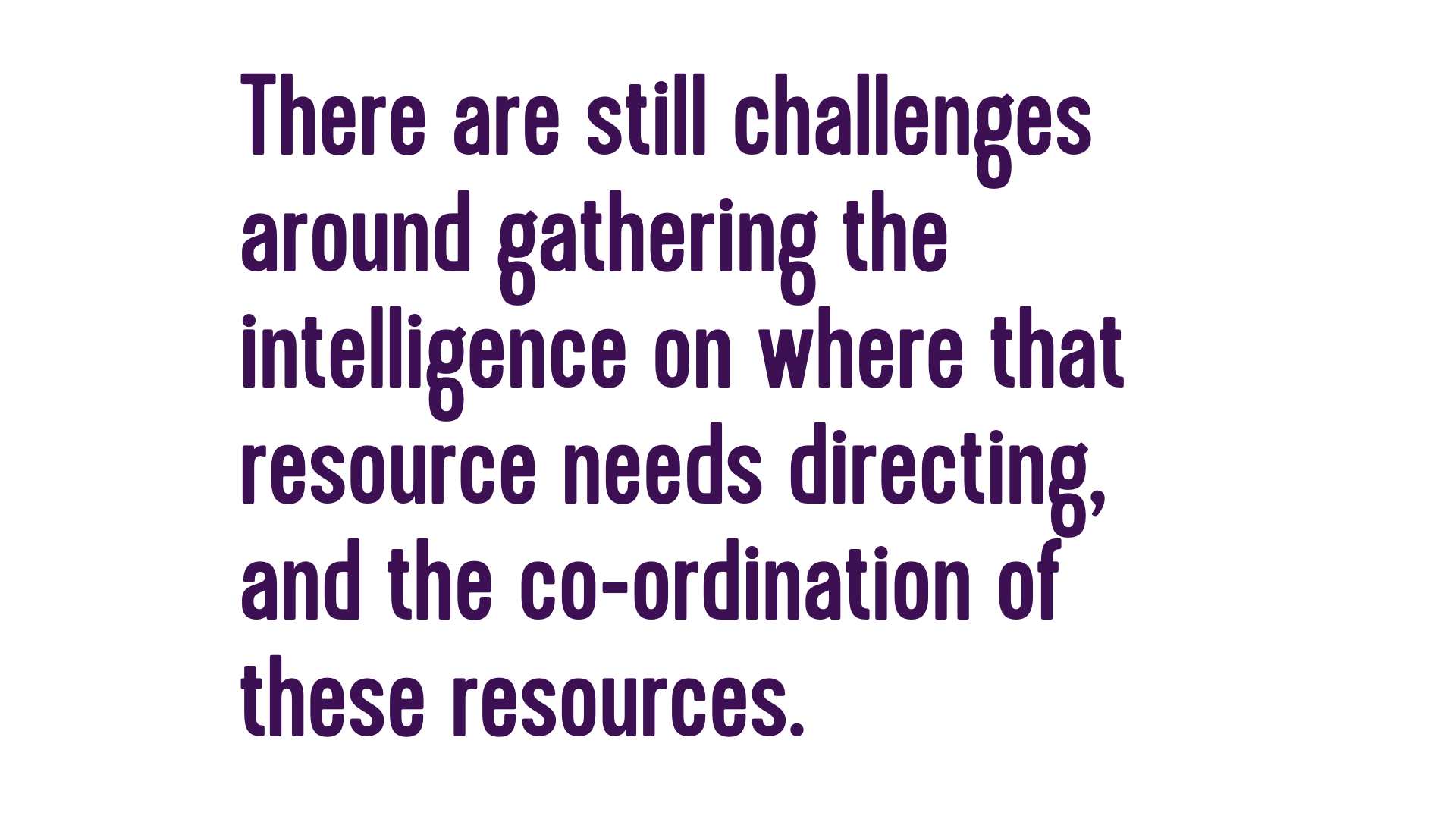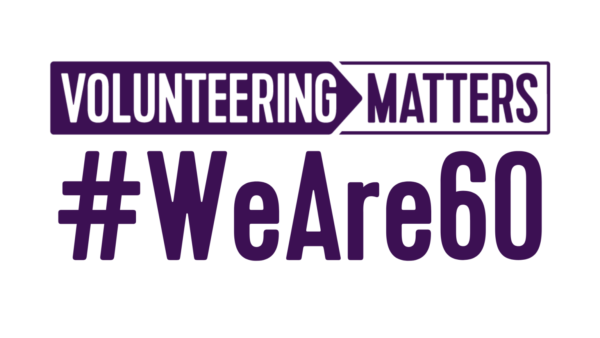Our Chief Executive Paul Reddish on the current voluntary efforts during COVID-19
If you are reading this, the chances are that you are interested in or working for a volunteer-involving charity or organisation. You may be a member of staff looking for guidance on the volunteer response to COVID-19, or you may be a volunteer organiser. You might already be giving your time and energy to help others at this time, providing essential support to those in need.
But you also may have signed up to volunteer with numerous organisations. You may still be waiting for your chance to help, or not yet being utilised. Here is some background on what’s happening and my take on why many people want to volunteer but can’t find roles.
Firstly, a thanks and some reassurance
As Chief Executive of an organisation who has been heavily involved in the co-ordination of the UK national volunteering response to COVID, I’d like to start by saying that the response from the public has been incredible. If you are one of the thousands of people who has signed up to volunteer, thank you. So far, the sector has trained and deployed over a million new volunteers in response to COVID-19 in just six weeks, which is an incredible feat. These volunteers in turn are ensuring people don’t go hungry, that they get the medicines they need and the social support they so desperately want.
And although they are the most visible, volunteers in our sector is supporting in many other ways. Without the thousands of St John Ambulance volunteers, the temporary nightingale hospitals would not have the staff and the NHS would be overwhelmed. These volunteers have significantly increased the capacity of the health service to respond to the crisis. There are many, many other examples that show just how important volunteering, volunteers and the sector are to respond to the crisis. The charity sector and volunteers have never been more needed than right now.
Volunteering Matters have vast experience in recruiting and coordinating volunteers; it’s what we’ve done for nearly sixty years. Coordinating efforts and providing support and training is financially and resource intensive, both of which have been depleted by the crisis. This has meant that the incredible outpouring of support and willingness has happened at the time when our resources to respond are at it’s least for some time.
The sector are rising to the challenge and finding ways of creating the capacity we need to support the demands this crisis has put upon us. We are doing all this at great pace, and each day and week we are seeing many thousands more volunteers deployed in various roles throughout the country. This is critical as although some roles can be deployed immediately, many are working with more vulnerable groups and they are working through the challenge of how to provide support to these groups in light of isolation. This will lead to increased demand for volunteers at later stages, and this may be coupled with a loss of volunteers from the first wave as people start to go back to work following lockdown.
So please bear with us as a sector whilst we adapt during the pandemic. Do keep offering help, because the needs of people are changing all the time as COVID-19 goes on, and your help is wanted and appreciated. No one working with volunteers wants anyone to feel we don’t want or value your support.
Volunteer supply is not the main problem – coordination is.
The bottom line is that across the UK, there are currently enough volunteers to deal with the basics of food and medicine delivery for those in need. There are still challenges around gathering the intelligence on where that resource needs directing, and the co-ordination of these resources. But there are emerging needs that are beyond food, medicine and neighbourliness. Mental health is an emerging challenge. Domestic abuse is a real worry for the charities working with victims, and we are hearing reports of significant increases to children’s services referrals.
At time of writing, there are 600,000+ Royal Voluntary Service first responders and a further 250,000 new volunteers recruited through local organisations, in addition to the many hundreds of thousands already working locally.
There are then another 300,000+ volunteers who already have DBS and PVG safety checks and safeguarding training who aren’t being utilised, often because their charity’s services have stopped or been reduced due to COVID. As well as this, there are also hundreds of businesses offering pro bono support at this time.
Of course, one big caveat to all of this is that it’s the broad national picture. There will be and are local variations of this, and a small number of areas will still need volunteers, particularly in some rural areas.
Because of depleted resources and finances, many charities are finding that coordinating volunteer support a real challenge, and our social care sector is showing huge strain given its increased demand due to the pressure on the health service. So here are some ways you can help, where there is demand.
What you can do
1) Volunteer coordinators – step up
If you have experience working or volunteering in logistics that involve people (in particular in volunteer management) we definitely need you. These skills in co-ordinating the huge numbers of volunteers locally will be most welcome by local volunteer centres.
2) Think outside the box
There are a wide range of organisations on the frontline who may need your help at this time. These might include domestic abuse charities or social care and children’s services. They will need help financially and, in some cases, need volunteer assistance.
Although they may be faced with challenges in how they deliver their services, many charities are innovating and still operating to help with isolation, loneliness, mental health, support for care leavers and homelessness to name but a few. If there is a cause you care about reach out directly. They may need you more than ever.
3) Rise to the challenge
An old boss of mine said don’t waste the opportunities a crisis creates. However hard it is out there at the moment, we have to also see the huge opportunity for our society to also change for the better, bringing community back to the core of what we are about.
To others in the voluntary sector, I would say we now need to rise to the challenge this pandemic has created for our resources.
Embrace it and find ways of creating space and support for this increased sense of community to support a hyper local approach to addressing inequalities and social issues. Traditional models of support will be challenged and tested by this, and that’s ok. What remains the same is that a sense of community makes lives better for those who suffer inequalities. That thought leadership needs to start now, and it requires us to work alongside this wave of community activism, not see it as something we ‘do’ but something we are part of.


